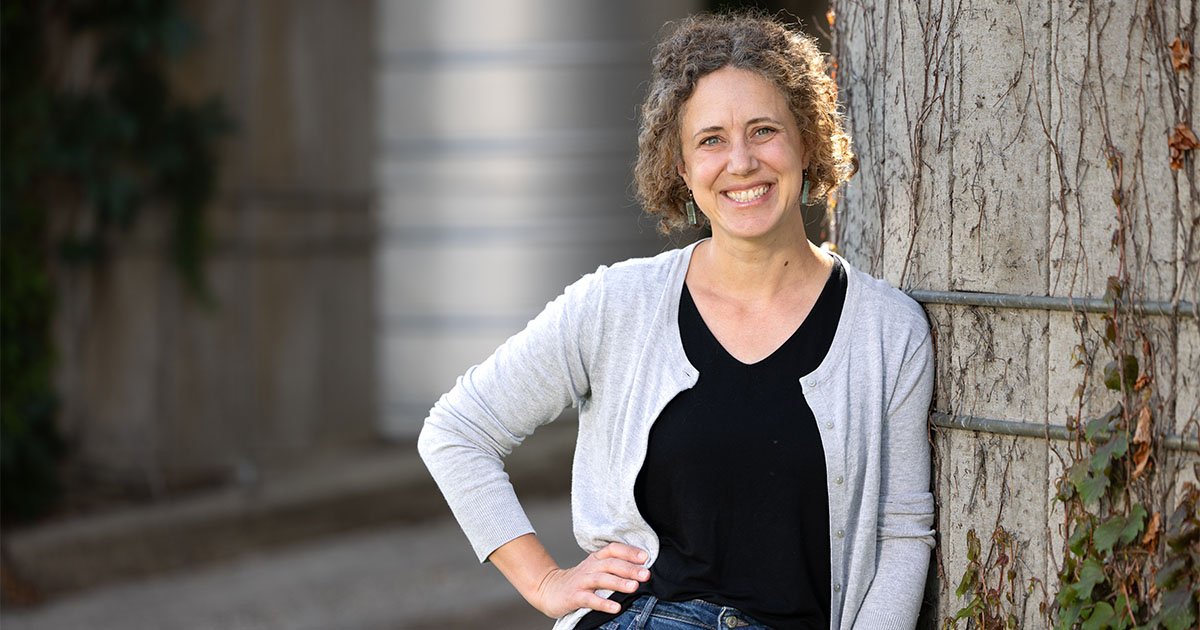Q: What barriers to accessing healthcare do rural communities face?
Prof. Henning-Smith: Rural residents have a variety of challenges accessing care. In general, they have access to fewer providers, especially specialists, and they have longer travel distances to get to healthcare. Rural workforce shortages are pervasive across nearly every level of healthcare. Rural areas across the country have experienced the closure of critical healthcare facilities in recent decades, including hospitals, nursing homes and pharmacies. Research from our Rural Health Research Center shows a decline in obstetric care for rural residents. From birth through old age–and everything in between–rural residents face increasing challenges in accessing the care they need.
Q: Many rural communities are facing clinic closures and greater distances to accessing care. How do these closures impact health?
Prof. Henning-Smith: While healthcare only contributes a small amount toward our overall health — our environment and social drivers of health play a bigger role — access to timely care is still essential. Longer travel distances can make it difficult — or even impossible — for rural residents to access care. My research has found that rural residents have less access to paid sick leave than urban residents, and rural residents face ongoing challenges related to transportation to care. Because of those barriers, rural residents who experience facility closures and greater distances may have a harder time accessing timely routine and preventive care. This can ultimately lead to preventable health issues and costly emergency care.
Q: How does my home, work or neighborhood impact long-term health outcomes?
Prof. Henning-Smith: Our environment–including who we live with, the type of housing we live in, and what our community is like–has an enormous impact on our health and well-being. Our environment shapes how we go about our daily life, who we interact with, what we are exposed to and what we have access to. For example, does your home, work or neighborhood environment provide regular opportunities for meaningful social interaction, civic engagement, healthy eating and physical activity? If it doesn’t, do you have the resources to access what you need outside of your home and community to stay healthy, such as transportation and technology? All of these issues impact our overall health.
Q: How are rural communities resilient in the face of uncertainty?
Prof. Henning-Smith: Rural communities have a long history of being resilient when faced with uncertainty or limited access to funding, infrastructure and other resources. This resilience often looks like resourcefulness, innovation, creativity and community spirit, which I see in rural communities across the U.S. on a daily basis. This might look like rural residents banding together to help each other after a natural disaster, finding creative ways to use community buildings for multiple purposes, or finding ways to organize mutual assistance programs. One recent example from our research on rural aging is of a rural community whose local diner was closing down. Rather than let it close, a local group of older adults purchased it and now run it as a community gathering place and dining hall.
Q: What are you doing to advance health in rural communities?
Prof. Henning-Smith: My research focuses on aging, mental health and social connectedness in rural communities, as well as on the social and structural drivers of health in rural places. Right now, I’m working with colleagues at the Rural Health Research Center on several projects addressing rural health, older adults’ mental health and social well-being, access to dementia care, medical debt and aging in place. I’m also collaborating with colleagues from across and beyond the University on research addressing rural healthcare workforce shortages, and on supporting the mental health of farmers and farm families. Finally, I lead the University of Minnesota Rural Collective, which provides opportunities for networking and collaboration for faculty and staff interested in rural issues from across the University. In all of my work, I aim to advance health equity across geographic lines and to build on strengths and assets that abound in rural places.
Carrie Henning-Smith is co-director of the School of Public Health Rural Health Research Center, co-director of the University of Minnesota Rural Health Program, and an associate professor in the Division of Health Policy and Management in the School of Public Health. Henning-Smith’s research focuses on social drivers of health, mental health, social well-being, and aging and long-term care for rural residents.
-30-
About the School of Public Health
The University of Minnesota School of Public Health improves the health and wellbeing of populations and communities around the world by bringing innovative research, learning, and concrete actions to today’s biggest health challenges. We prepare some of the most influential leaders in the field, and partner with health departments, communities, and policymakers to advance health equity for all. Learn more at sph.umn.edu.
About “Talking…with University of Minnesota”
“Talking…with University of Minnesota” is a resource whereby University of Minnesota experts answer questions on timely topics. News organizations are welcome to republish this content. If you would like to schedule an interview or have suggestions for future topics, please contact University Public Relations at unews@umn.edu.

